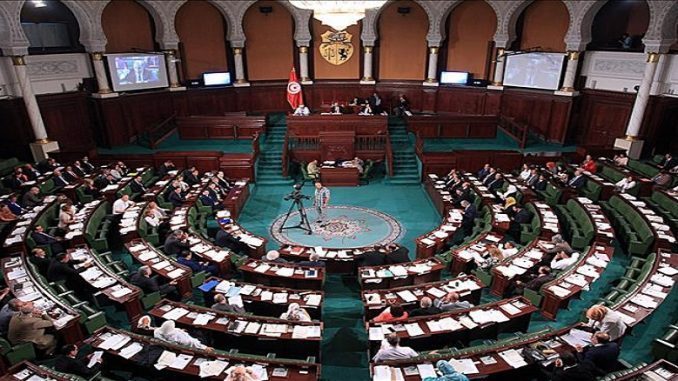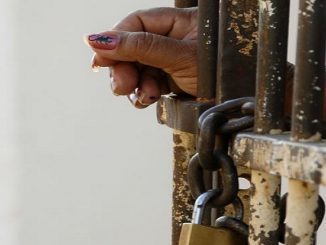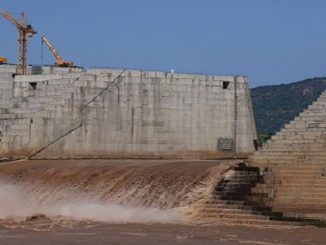
After just five months in office, Tunisia’s Prime Minister Elyes Fakhfakh has called it a day. His resignation came on the heels of a political scandal that has seen critics.
Most notably the Ennahdha party accuse the head of government of abusing his authority for personal gain.
Fakhfakh resigned after a dispute with Ennahdha party that had withdrawn its support for government earlier in the day.
Almost as soon as Fakhfakh was picked by the president.
The 48-year-old, an engineer by training and a former finance minister, drew the ire of Ennahdha after announcing his government would exclude parties suspected of corruption or whose ideology did not align with the goals of the 2011 revolution.
While Ennahdha had run its campaign on an anti-corruption platform, it quickly changed course and called for the inclusion of media mogul Nabil Karoui and his Qalb Tounes party.
In addition to run-ins with the law, Karoui has been accused of using his influential Nessma TV to bolster his political ambitions before the vote.
In the end, the prospect of new elections was said to have deterred Ennahdha and other parties from rejecting Fakhfakh’s government.
In recent weeks, Ennahdha had increasingly voiced its frustration with Fakhfakh, mainly over an alleged conflict of interest. Other factors, including the prime minister’s disregard for Ennahdha ministers in the decision-making process, are believed to also have played a role.
Last month, an independent legislator published documents showing Fakhfakh owned shares in companies that won government contracts worth 44 million dinars ($15m).
The prime minister denied the accusations and promised he would step down if investigators found any evidence of wrongdoing.
His voluntary departure last week came after Ennahdha said it would file a motion of no confidence in Parliament. That threat, however, was made obsolete when Saied stepped in and called on Fakhfakh to resign.
What next?
Fakhfakh will now lead a caretaker administration while the president must nominate a replacement who will have until August 26 to form a new government.
Failure to agree on a new head of government will lead to Parliament’s dissolution and new elections within three months.
Source: Aljazeera news and Media agencies



